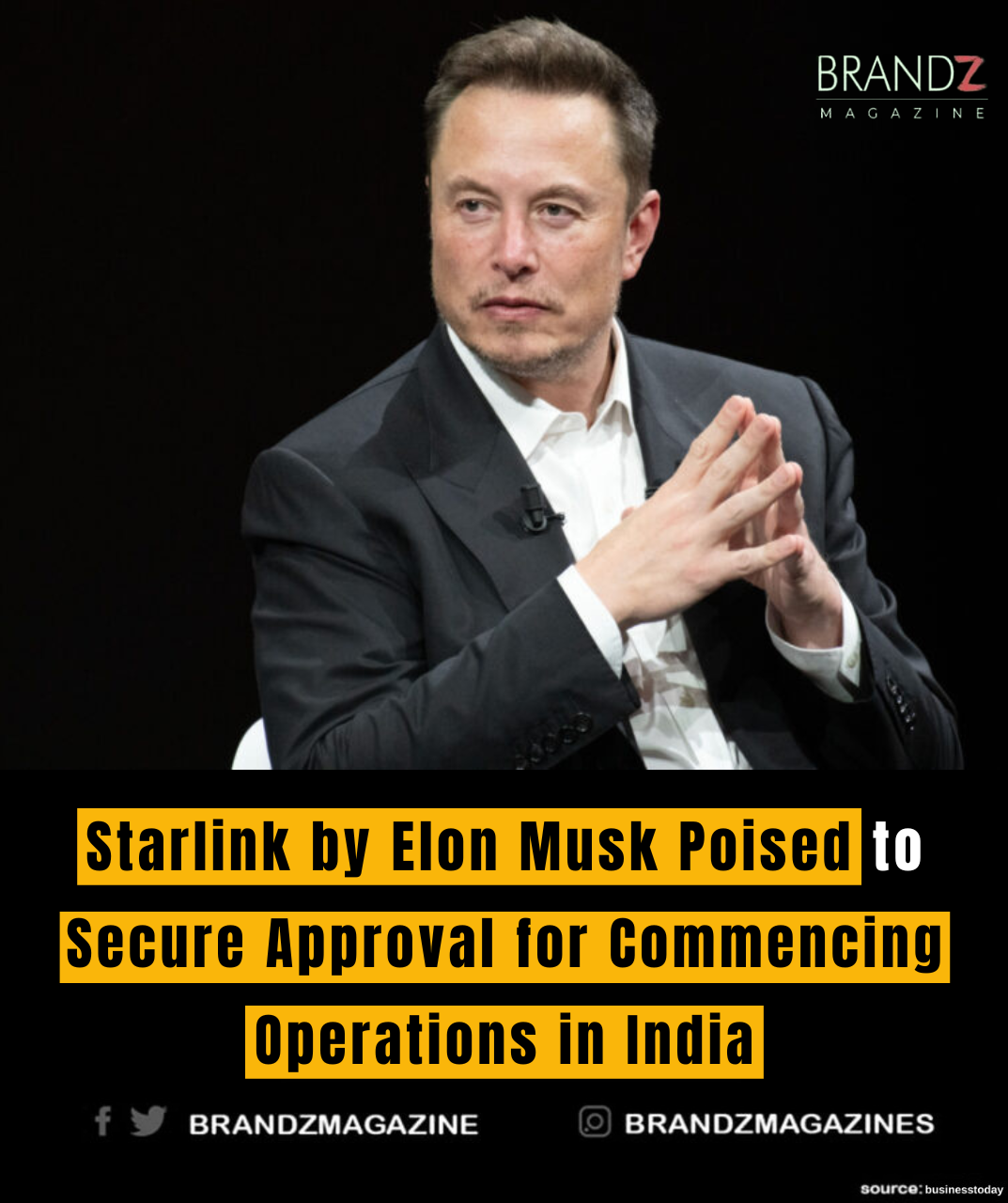
In recent developments, Elon Musk’s ambitious satellite internet venture, Starlink, is on the verge of receiving the green light to initiate operations in India. The regulatory landscape in the country seems to be aligning favorably for Starlink, marking a significant stride towards revolutionizing internet connectivity across the subcontinent.
Starlink, a project by Musk’s SpaceX, aims to provide high-speed, low-latency broadband internet services globally using a constellation of small satellites in low Earth orbit. The potential approval for operations in India holds immense promise, given the nation’s vast and diverse geography, where traditional internet infrastructure faces challenges in reaching remote and rural areas.
The Indian government, recognizing the need for robust and widespread connectivity, has been actively exploring avenues to leverage innovative technologies. The Department of Telecommunications (DoT) has been in discussions with Starlink representatives to address regulatory considerations and ensure compliance with local guidelines.
One of the key advantages of Starlink lies in its ability to bridge the digital divide by offering reliable internet access in regions where traditional infrastructure falls short. With India’s focus on digital inclusivity and the promotion of a digitally empowered society, Starlink’s entry could play a pivotal role in realizing these goals.
The satellite-based internet service holds particular promise for rural areas and underserved communities, where conventional broadband infrastructure is economically unviable or logistically challenging. Starlink’s ability to deliver high-speed internet to remote corners of the country has the potential to transform education, healthcare, and economic opportunities for millions.
Moreover, the low-latency characteristics of Starlink make it an attractive option for applications requiring real-time communication, such as online education, telemedicine, and e-commerce. This could significantly enhance the overall digital experience for users across urban and rural landscapes.
As the regulatory processes near completion, the excitement among tech enthusiasts, entrepreneurs, and the general public in India is palpable. Starlink’s innovative approach to global internet coverage has already garnered attention worldwide, and its potential entry into the Indian market could pave the way for similar advancements in other developing nations facing connectivity challenges.
The approval for Starlink in India is expected to be accompanied by a phased rollout plan, ensuring a systematic and efficient expansion of services. The deployment of ground infrastructure, user terminals, and customer support mechanisms will be crucial in establishing a seamless and reliable internet experience for Indian users.
In conclusion, Elon Musk’s Starlink stands at the threshold of a transformative journey in India, promising to redefine the landscape of internet connectivity. The potential nod for operations marks a significant milestone not only for SpaceX but also for India’s vision of a digitally connected nation. As the regulatory processes unfold, the anticipation is high for Starlink to soon become a beacon of reliable, high-speed internet access, bringing the benefits of the digital age to every corner of the vast and diverse Indian subcontinent.

